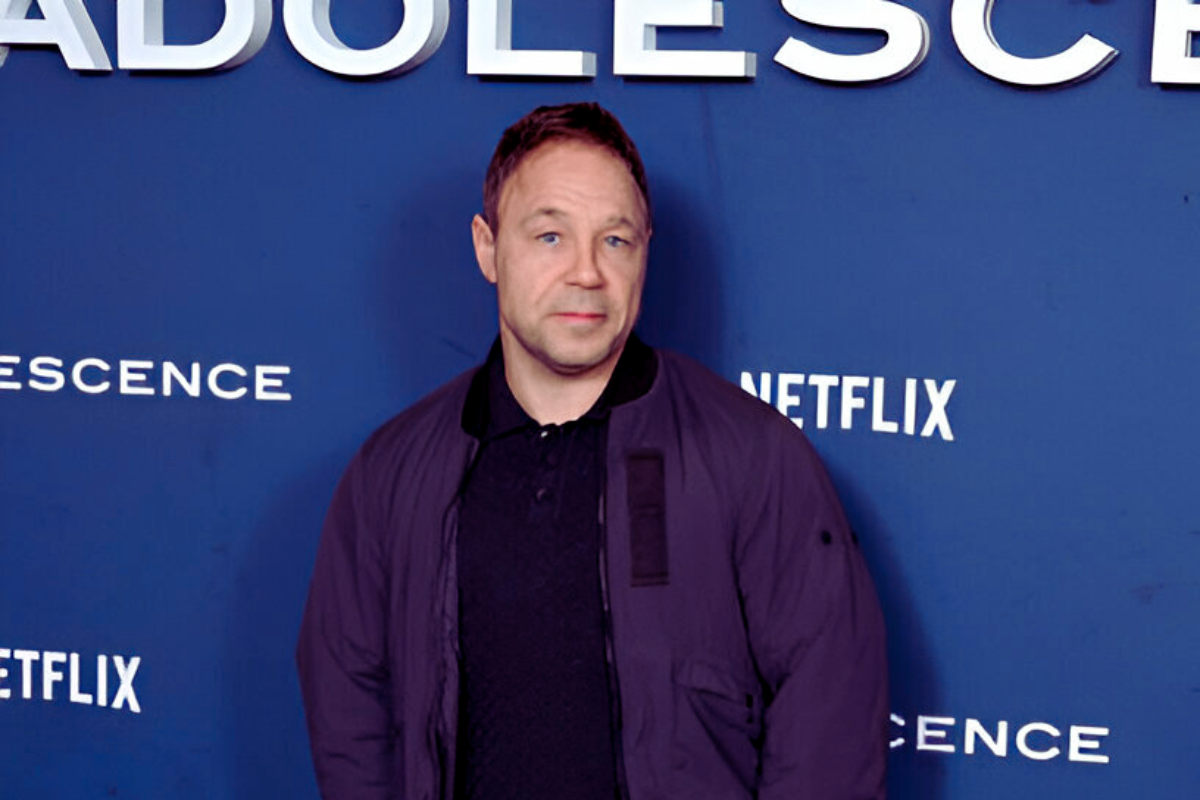
The premiere of Netflix’s original British drama series Adolescence has become the hot topic in many online communities and newspapers around the world just a few days after its premiere on March 13. This four-part series deals with such heavy and crucial topics as online radicalization, toxic masculinity, and teen violence, thereby disquieting the audiences and dividing the critics, at the same time.
The focus of the story is on Jamie Miller, who is a 13-year-old boy who was arrested for killing one of his schoolmates. His way down misogynistic online echo chambers and to the dark web is described by the director in such detail that it is quite shocking. The one-take cinematic approach to each episode gives a vibrant and immersive storyline with each episode.
Why Is Adolescence So Controversial?
Some consider the documentary series to be quite impactful in making people aware of such a subculture that poses a danger, while some claim that it is mostly narrated from the point of view of the offender.
The show represents the killing by the girl Katie, as Jamie is shown to be more of a victim whose behavior is motivated and facilitated by internet bad influencers rather than a perpetrator. Consequently, the situation is very hot in social media and widely read newspapers.
Aside from series creators, parents, educators, and political leaders also got engaged in it. The debate over the artistic merit is now turning the series from a popular streaming hit into a representative of cultural fracture.
Politicians Weigh In
The United Kingdom Prime Minister, Sir Keir Starmer, spoke out against the portrayal of misogynistic content in the film, calling it evil. Instead, he underscored the need for the elimination of these toxic cultures that target young men and distort their worldviews.
A statement from Ireland’s Tánaiste Simon Harris, however, indicated the demand for more political intervention as he suggested the series as a mandatory school material. He argues that it is crucial for students to know how easily they could be victims of extreme ideological indoctrination, especially via the Web.
The Emoji Controversy
An unexpected issue gaining a lot of buzz is the show’s confrontation of unknown internet language among children. One of these forms of language the boys use is misogynist messages where they use cute emoji pictures like heart eyes or a laughing/crying face that look sweet but at the same time contain subtle rude behavior and therefore are, in fact, called emoji bombarding.
For parents, the information in this series can be an eyeopener: the virtual world that their children are inhabiting is a coded language jungle one should step in only if well informed– otherwise dangerous.
Brad Pitt’s Role Behind the Scenes
Further adding fuel to the media buzz, the singer Brad Pitt is closely connected to the situation as one of the executive producers of the series Adolescence through his company Plan B Entertainment. The guy acting as executive producer is none other than Brad Pitt which is a point in favor of the United States market where the show is already watched a lot.
In spite of the fact that his representative has remained silent about the serial, his presence as a producer has caught the eye of Hollywood for the British drama.
Mixed Reviews from Critics
Currently, Adolescence is fixing a distributive viewership chart for viewers but at the same time, it has brought in a few critics who have given mixed feedback so far. Even though Girls UK addresses the ethics of assault very beautifully, others say it is too shallow and does not address the real issues head-on.
As is, the online discussions on platforms such as Reddit paint the same contrast. One group of people are calling it a must-see for society to handle such situations. Whereas the rest are talking about how the show is too triggering or poorly addressed the issue.
No matter whether you adore it or can’t bear it, the language through which the Netflix sitcoms Adolescence the Hashforce is expressed is so poignant that it’s impossible not to notice. It is challenging people to have tough but necessary debates about such hot potato subthemes as teenage activities, social media, or being a man in the modern world.
World leaders, schools, and social media are now part of this, so it’s not just a fair becoming a cultural force.
The more people watch, the more one will hear that conversation grow louder. Youth is nor only about fun but is also a reflection of where we stand, and what way we can follow.





